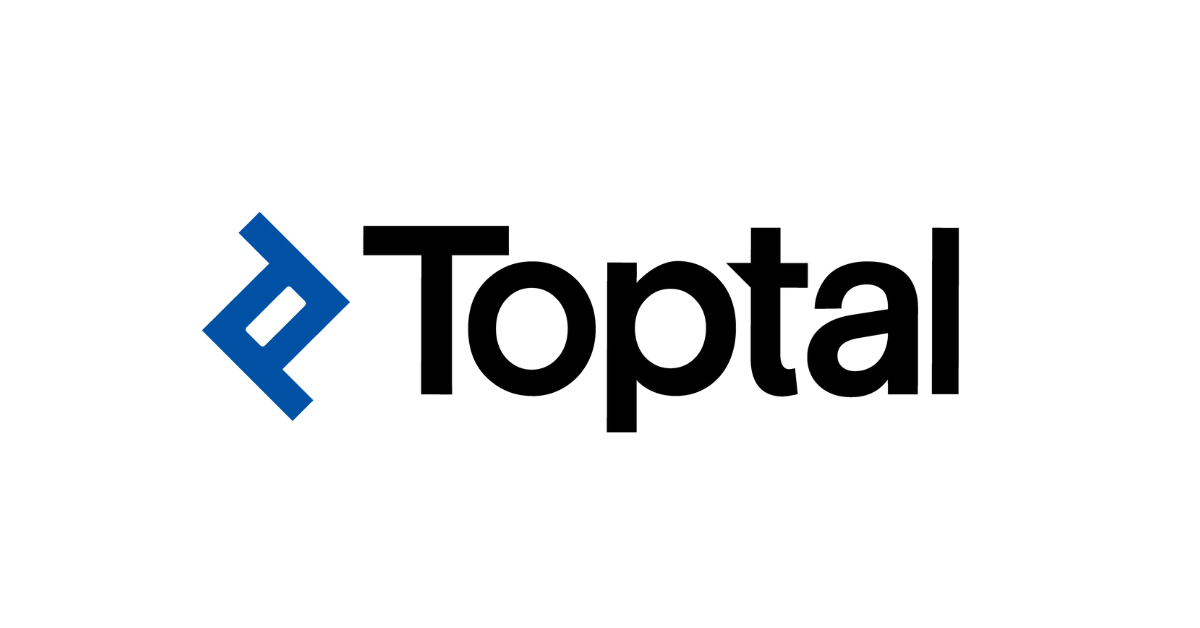Main Challenges to Consider in Fintech
February 5, 2024, 5 min read
The future of fintech is bright in many ways. But we likely might also face being subject to fintech regulatory issues, fintech regulatory challenges and legal actions. This article provides a quick assessment of regulatory problems pertaining to fintech. These problems, once handled, would help bring about safety and soundness, hence assisting the industry in growing even further.
What are the Regulatory Frameworks for Fintech?
The regulatory frameworks for financial technologies differ from country to country and region to region. Fintech companies in US are subject to regulation by a wide variety of regulatory bodies. Regulatory bodies that are both on the federal and state levels. The Consumer Financial Protection Bureau, the Federal Deposit Insurance Corporation, and the Securities and Exchange Commission are some of the agencies that fall under this category. There are particular regulatory agencies that track the on-goings in the fintech industry in other nations, such as the UK. In the following section, you may read about the common regulatory issues about Fintech.
Security of Personal Information
The protection of users’ personal information ranks among the industry of fintech’s most pressing concerns from a legal standpoint. Large amounts of client data are collected and utilized by organizations in the financial technology industry. This raises worries regarding the use that will be made of this data and how they will be protected.
Risk assessment and the prevention of data breaches are two of the most important concerns. They, therefore, must be addressed throughout the development of the sector. Due to the fact that anti-data-leak standards were not followed, regulatory organizations who discover a data breach may be able to determine who is responsible for the leak. If anti-data-leak financial technology standards are not complied within nations that are members of the European Union, stiff fines may be imposed.
The Practise of Money-Laundering
Laundering refers to the process of converting the profits gained from illegal conduct into funds that are acceptable for use in legitimate transactions. More than two trillion dollars worth of losses are incurred annually by businesses and governments as a result of money laundering.
This legal issue is particularly pertinent for the regulation of the fintech industry. This is due to the ways in which fintech companies facilitate payments and transfers them. Companies in the financial technology industry are obligated to adhere to anti-money laundering (AML) legislation. In order to comply with these regulations, financial institutions are required to take precautions against and investigate instances of money laundering.
AML rules and programmes for the regulation of fintech should involve the identification and screening of customers, as well as the monitoring of transactions and the reporting of suspicious behaviour.
Cyber Security Issues
Cyber attacks frequently target financial organizations as their intended victim. The financial technology industry stores vast volumes of data. Because of this, fraudsters see them as particularly tempting targets. Additionally, compared to traditional financial companies, fintech companies may be less prepared to defend themselves against cyber attacks.
To ensure that their customers are adequately protected, all financial institutions need to have effective cybersecurity programmes. Encryption of data, firewall protection, and intrusion detection systems are all essential components of these programmes.
Following this condensed overview of the laws and regulations governing fintech, we will now turn our attention to the various types of fintech initiatives and the processes by which they can be licensed.
Who Regulates Fintech?
Depending on the nation and the location, different government agencies are in charge of supervising the activities of fintech companies. For instance, the Consumer Financial Protection Bureau, the Federal Deposit Insurance Corporation, and the Securities and Exchange Commission are examples that have the authority to regulate fintech businesses.
Similar to the banking industry, the oversight of fintech companies is not centralized to a single licencing or regulating agency. A licence or supervision may be required of them by local, state, or federal authorities on the basis of their functions, or activities. This depends on the nature of the work that they do.
When it comes to services such as lending, money transmission, and insurance; prudential regulation and licencing are often handled at the state level. For instance, PayPal. PayPal is among the oldest financial technology companies. It possesses money transmission licences in all fifty states and works with regulators in each state and territory in which it conducts business.
Due to the fact that it provides consumers with financial services, PayPal is subject to regulation by the Consumer Financial Protection Bureau (CFPB). The regulations governing lending and discrimination are the consumer protection laws that are most relevant to fintech companies. The CFPB also has the jurisdiction to levy civil fines against fintech companies that engage in unfair, misleading, or abusive conduct and practises. In addition, the Federal Trade Commission exercises some authority over these businesses. Companies in the fintech that provide automated financial planning services and market investment products are referred to as robo-advisers. These companies may be required to register with the Securities and Exchange Commission or the Financial Crimes Enforcement Network of the United States Department of the Treasury.
What is a Challenge to Fintech Regulation?
The practice of regulatory arbitrage presents a difficulty for financial technology regulation in the United States. This occurs when financial technology companies transfer their operations to jurisdictions with fewer regulatory requirements. They do this to avoid having to comply with more stringent rules. Because of this, there may be a regulatory void. A void that exposes customers to the risk of fraud as well as other unlawful behaviors.
What are the Barriers of Fintech?
Regulatory compliance, licencing, the implementation of internal controls, and making sure platforms are in line with regulatory norms are some of the obstacles facing fintech. In addition, Fintech enterprises that offer consumer loans or financial products should be aware of local, state, and federal authorities. Because all three levels of government have the potential to impose licencing or supervisory requirements on Fintech lenders.
Conclusion
To summarize, the regulatory concerns surrounding Fintech are complicated and vary widely depending on the country and location. Regulation is essential to the protection of customers and the maintenance of financial stability. But it also has the potential to create entry hurdles for financial technology companies. It will be essential for regulators to maintain a balance between innovation and regulation as the industry continues to expand and advance.
Sources: Forbes, Geniusee, Stloisfed.
https://www2.deloitte.com/us/en/insights/industry/financial-services/financial-services-industry-outlooks/banking-industry-outlook.html
AI’s Impact on Cybersecurity: Will AI Replace Cybersecurity Jobs?
















